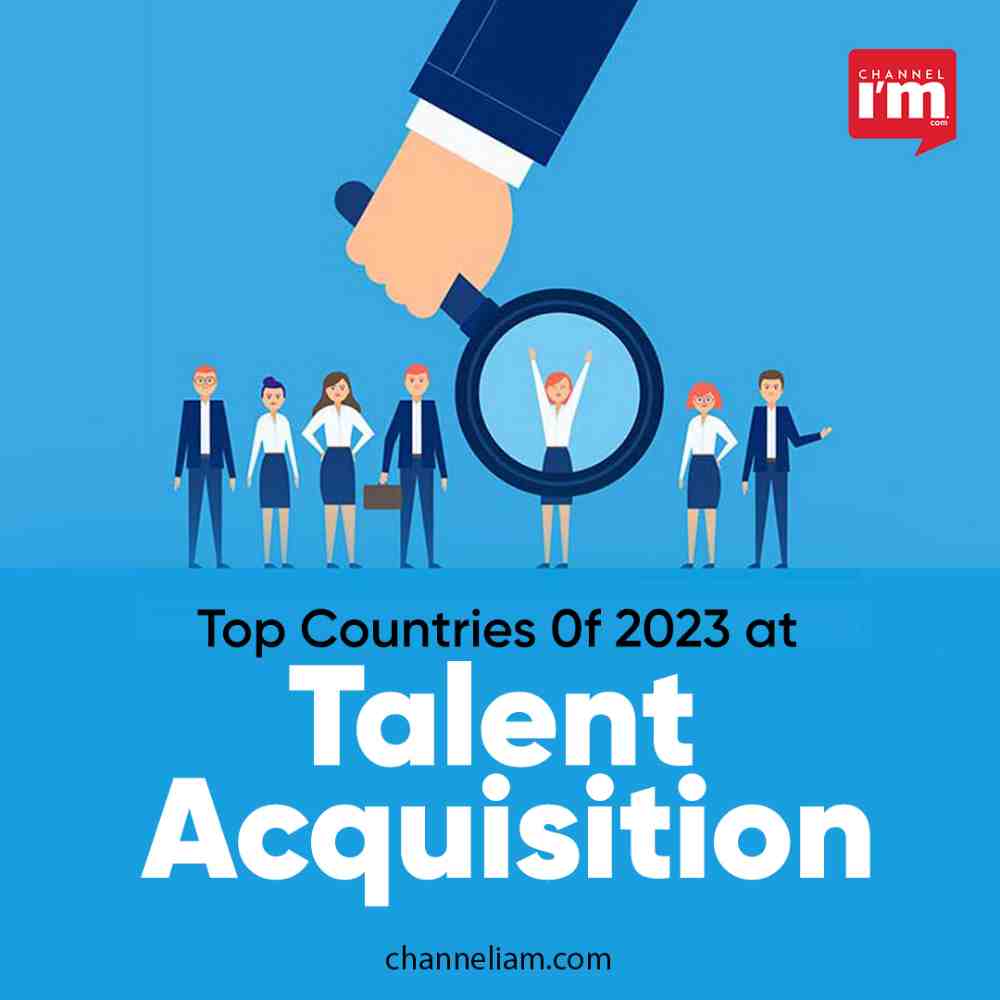
A country’s talent is its powerhouse. Talent acquisition deals with the strategies, tactics and processes for identifying, recruiting and retaining the human resources a company needs. It includes developing, implementing and evaluating programs for sourcing, recruiting, hiring and orienting talent.
According to the 2023 Global Talent Competitiveness Index comprising 134 countries, published by business school Insead, Switzerland emerges as the leading nation in cultivating talent, closely followed by Singapore and the United States. Denmark, the Netherlands, Finland, Norway, Australia, Sweden and the United Kingdom complete the rest of the top ten.

GTCI data from the past decade reveals that Switzerland has maintained its top position for ten consecutive years. Singapore has held second place every year except 2020, and the United States, while somewhat less steady, has predominantly stayed within the top four.
Elsewhere, China placed first among the so-called BRICS nations made up of China, Brazil, India, Russia and South Africa. Its status as “the global leader in matching the skills of people with the needs of the economy” was anchored by its “Achilles heel” in attracting talent, which contributed to its score of 40th overall.

India, the world’s most populous nation, ranked 103, regressing in the past three years since 2020 to place at the bottom of the BRICS pack. A slump in business sentiment hampered its ability to attract talent domestically and from overseas, according to the report released.
While comparing a decade’s ranking, the top ten list has remained remarkably stable over the past ten years, primarily dominated by smaller European countries. This year, European nations also secured 17 positions in the top 25. Reportedly, the most notable change in the top 25 is the absence of Japan, replaced by South Korea for the first time.

Furthermore, the recent report stated that the competition for talent among nations may grow even fiercer over the report and also placed emphasis on the ability of countries, cities and organizations to innovate and project soft-power.

It found out that Covid strengthened gender inequality, as parity in high-skilled jobs decreased over the past three years from a 2019 peak.
